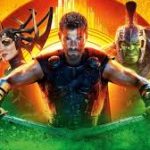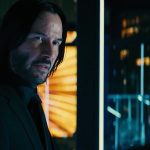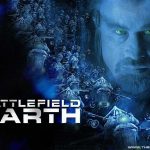🎬 MobLand (2025) – Blood is the Price of Power
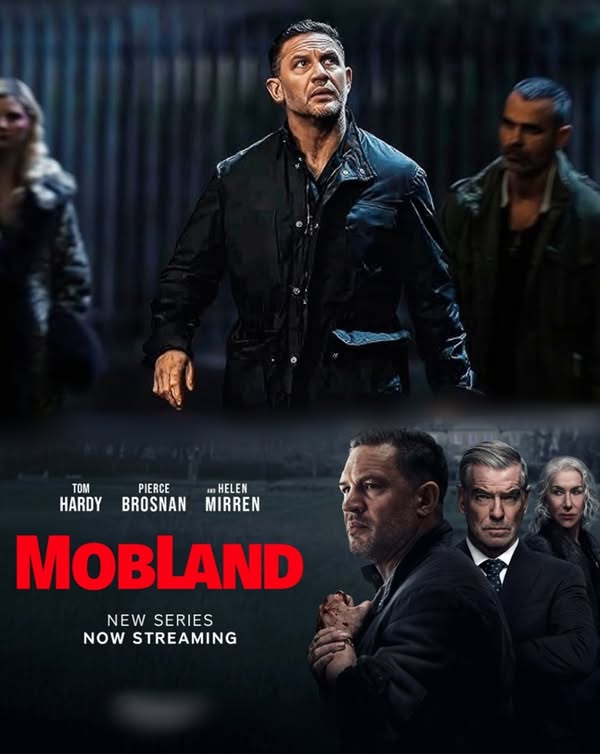
MobLand (2025) – the latest crime drama from Paramount+ – is rapidly becoming a breakout hit among cinephiles, thanks to its gripping narrative, noir-infused atmosphere, and powerhouse cast. Set in the underbelly of London — a city that glitters on the surface but festers underneath — MobLand dives deep into a brutal power struggle between two dominant crime families: the Harrigans and the Stevensons. Here, blood isn’t just the consequence of violence — it’s the currency of power.
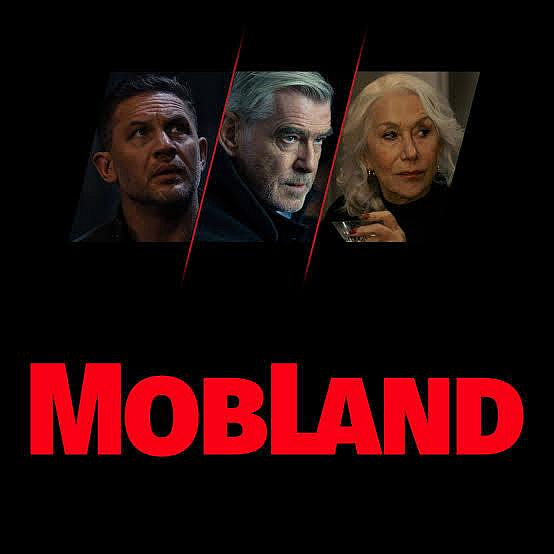
One of MobLand’s greatest strengths lies in its ensemble cast, featuring some of Britain’s finest talents: Pierce Brosnan, Helen Mirren, and most notably, Tom Hardy. Brosnan, long known for his role as James Bond, takes a darker turn as Conrad Harrigan — a calculating kingpin whose calm exterior masks ruthless intent. Mirren, portraying Maeve Harrigan, is not merely the matriarch but the hidden architect of the family’s empire. Her performance is a masterclass in controlled intensity. However, the true emotional core of the series lies with Harry Da Souza, played by Tom Hardy. As the Harrigans’ fixer, Harry is the man who cleans up the mess — a loyal servant, a silent witness, and an unwilling participant in a moral collapse.
MobLand doesn’t rely on recycling worn-out crime tropes; instead, it restructures familiar tensions through a modern lens of moral ambiguity and psychological depth. In a world where death comes faster than decisions and loyalty is thinner than paper, there are no clear lines between right and wrong. Hardy’s Harry exists in a liminal space between duty and conscience. He doesn’t seek redemption, only the sliver of humanity he’s still clinging to — and that quiet desperation drives the show’s most poignant moments.

The writing is among the tightest seen in the genre in years. With precise pacing and psychological twists that compel viewers to question the nature of evil, the show constantly pushes boundaries. What makes a man into a monster — is it the system, circumstance, or a thousand small compromises with one’s own morality? The relationships — especially the power triangle between Conrad, Maeve, and Harry — are nuanced and volatile, where every glance and line of dialogue carries the weight of unspoken history and impending betrayal.
London itself plays more than a backdrop; it becomes a character in its own right. The cinematography capitalizes on stark industrial landscapes, fog-drenched alleyways, and dimly lit rooms that resemble abstract paintings — all contributing to a haunting, brooding ambiance. The muted color palette, minimalistic lighting, and deliberately restrained editing turn each frame into a visual meditation on corruption, making violence feel less like spectacle and more like inevitability.
Though comparisons to Peaky Blinders or a British version of The Godfather are inevitable, MobLand stands apart as its own entity. It doesn’t glorify crime nor romanticize power — instead, it offers a cold, cutting reflection of a post-moral world where even honor is just another bargaining chip. In a saturated genre often filled with empty brutality, MobLand is a breath of fresh — if chilling — air, not because it reinvents the wheel, but because it confronts the wheel with philosophical clarity and restraint.

With a current Rotten Tomatoes score of 79%, MobLand has earned critical acclaim, particularly for Tom Hardy’s electrifying performance, considered by some to be his most layered work since Bronson or Taboo. While some viewers seeking fast-paced action may find the series slow to unravel, those who stay will be rewarded with a slow-burn narrative thick with tension, moral stakes, and unexpected depth. The show doesn’t pander. It demands attention — and in return, it offers complexity.
If one sentence could encapsulate MobLand, it would be: “When crime stops being entertainment and becomes a mirror, it reveals a society that can no longer distinguish between justice and survival.” And when morality is no longer debated in courtrooms but whispered in back alleys, only the survivors get to tell the story.



